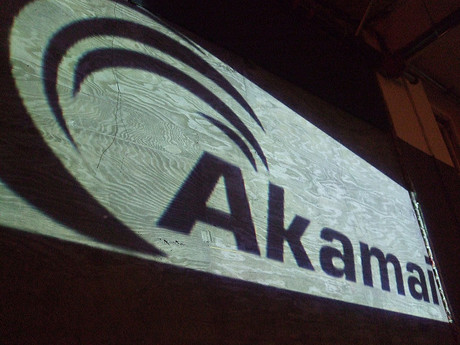Dismal broadband rank shows need for better NBN: IA

Australia ranks an embarrassing 50th in the world in terms of average broadband speeds, according to Akamai’s latest State of the Internet Report.
The report finds that while Australia’s standing has improved slightly from 51st during the second quarter, the country’s average speed of 9.6 Mbps puts it well below regional peers such as South Korea (1st with 26.3 Mbps), Hong Kong (2nd with 20.1 Mbps) or even New Zealand (40th with 11.3 Mbps).
In terms of average peak speed, Australia ranked just 57th with 46.9 Mbps. Singapore took the global lead with a speed of 162 Mbps. Only 14% of connections in Australia were above 15 Mbps, and just 28% of connections were above 10 Mbps.
In a statement, nbn said Akamai’s findings do not reflect the wholesale speeds of the NBN, and Australia’s low rankings demonstrate the need for the NBN rollout to be completed as soon as possible.
But Internet Australia CEO Laurie Patton commented that while nbn is correct to suggest that the Akamai report demonstrates the need for a fast broadband rollout, “what it really points to is the need to build a better NBN”.
He said IA believes that the reliance on FTTN technology, which will be used to serve 30% to 40% of premises under the multitechnology mix model, will not be enough to meet Australia’s future needs.
“The simple fact is we are being outplayed by our global competitors who are building fibre-based systems providing speeds that cannot be matched by FTTN,” he said.
“It’s time for the government to bite the bullet and allow NBN to dump its copper wire (FTTN) rollout in favour of a return to fibre and a 21st-century, futureproofed broadband network.”
Patton also expressed concern over the lack of technical analysis in the most recent report on the NBN by the Parliamentary Budget Office, which he said did not effectively consider the implications of technology choice for last-mile connections.
“Ignoring the flaws in the current deployment strategy weakens this report. Likewise, not giving robust attention to the rapidly changing local and global markets for broadband services diminishes the value of the report,” he said.
“While we appreciate that the PBO is constrained by its mandate, it is hard to understand why it did not at least note the considerable risks created by the government’s choice of technologies.”
Patton also noted that a recent Essential poll found that only 22% of Australians believe that the current NBN strategy will meet Australia’s future needs.
Australian businesses face connectivity challenges: report
A report commissioned by Ericsson finds that Australian businesses face connectivity challenges...
CommScope launches new fibre termination platform
The CommScope XPND fibre termination panel platform is designed to enable easier, more...
Ruckus launches AI-driven network solutions
CommScope subsidiary Ruckus Networks has unveiled a host of new AI-driven networking solutions,...




